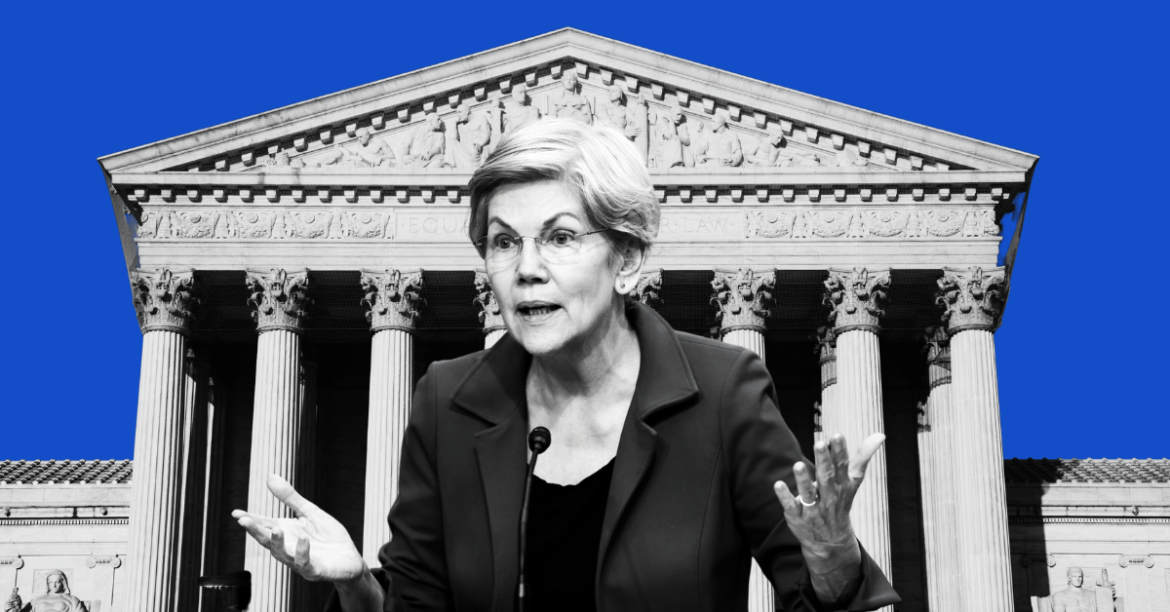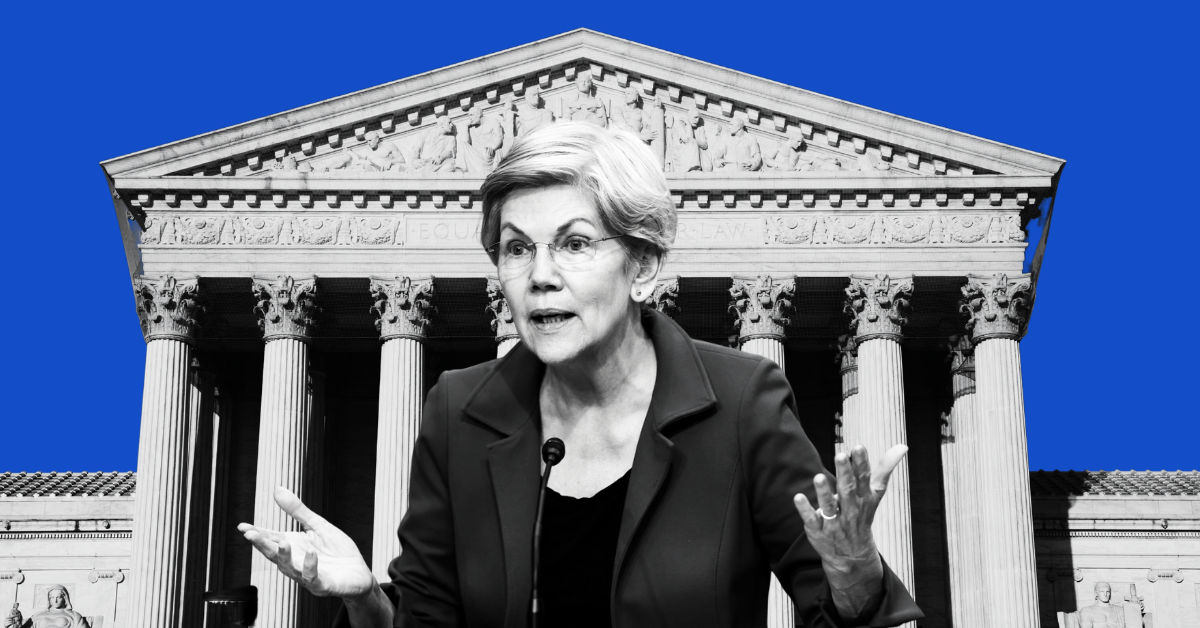Kevin O’Leary’s Stance on Political and Economic Issues: A Comprehensive Analysis
Kevin O’Leary, the Canadian businessman and television personality most recognized for his role on “Shark Tank,” has cemented himself as a vocal and often controversial commentator on U.S. politics, economics, and regulatory affairs. His opinions frequently ignite debate, reflecting a blend of his capitalist convictions and media savvy. This analysis delves into key themes and positions expressed by O’Leary across recent years, highlighting his views on stablecoin legislation, taxation, regulatory environments, political figures, and broader economic currents.
—
O’Leary’s Perspective on Stablecoin Legislation and Bipartisanship
One of the most recent and prominent debates involving Kevin O’Leary centers on stablecoin regulation, specifically responding to Senator Elizabeth Warren’s criticisms. O’Leary opposes Warren’s tendency to link stablecoin legislative efforts, such as the GENIUS Act, to partisan politics or personalities like former President Donald Trump. He argues that Warren’s objections distort the original bipartisan intent of fostering innovation and regulatory clarity in digital currencies.
O’Leary’s stance underscores a broader skepticism about politicizing financial technology regulation. His comments suggest that tying stablecoin bills to political figures or agendas risks stalling progress that several stakeholders see as essential to America’s evolving financial landscape. Given the burgeoning role of cryptocurrencies and digital assets, O’Leary’s insistence on preserving bipartisan cooperation reflects a pragmatic understanding of how legislation can enable or constrain innovation in fintech sectors.
—
Criticism of Democratic Economic Policies and Taxation
O’Leary’s economic opinions often include sharp criticism of Democratic policy proposals, particularly those involving tax increases on capital gains and wealth. He openly condemned Vice President Kamala Harris’s support for capital gains tax hikes as “un-American,” framing such policies as detrimental to entrepreneurship and wealth creation.
This critique resonates with O’Leary’s broader philosophy that heavy taxation and regulation hinder small businesses and innovation. He further labels states like Massachusetts as “at war with entrepreneurship” due to stringent regulations, signaling his concern that excessive government intervention dampens risk-taking and job creation.
O’Leary’s economic warnings are often tied to a populist message that prioritizes financial freedom and business-friendly environments. He also predicts adverse outcomes, such as increased bankruptcies following fallout from major finance scandals like FTX, amplifying his narrative about the dangers of overregulation mixed with market turbulence.
—
Regulatory Environments and Localized Economic Critiques
O’Leary has shown a keen interest in the impact of localized regulatory frameworks on economic vitality. New York State, for instance, is branded by him as an “uninvestable” environment due to heavy taxes and stringent regulations. He specifically targets political figures like Representative Alexandria Ocasio-Cortez, accusing them of policies that harm economic growth.
His commentary often extends to legal and regulatory battles such as the Congressional scrutiny over corporate acquisitions — exemplified by his remarks on the TikTok deal, where he highlights Congressional willingness to block purchases on legal grounds.
Through these critiques, O’Leary frames economic and legal landscapes in stark terms, emphasizing investor caution in overregulated jurisdictions. This narrative reinforces his advocacy for streamlined governance that incentivizes investment and entrepreneurship over bureaucratic controls.
—
Public Feuds with Political Figures and Media Appearances
O’Leary’s outspoken nature has led to highly publicized verbal clashes with various political figures, including Senator Elizabeth Warren, Vice President Kamala Harris, and others. He has expressed contempt for what he perceives as evasiveness or incompetence, for example, urging Harris to “stop hiding from the press.”
His media engagements also often feature scathing remarks, describing Warren’s progressive tax proposals as punitive or calling Harris “horrific” and a “loser” during a CNN panel. These aggressive statements signal O’Leary’s penchant for blending entertainment with political critique, appealing to audiences frustrated with the political establishment.
Interestingly, viral clips of O’Leary lambasting Democratic economic policies have circulated widely, leveraging social media’s amplification to stir debate about the role of government in markets. His style, part blunt businessman and part media provocateur, keeps him relevant and influential in shaping discussions on fiscal and regulatory policies.
—
Broader Views on American Financial and Political Landscape
Beyond direct political commentary, O’Leary forecasts significant shifts in America’s financial sector. He projects the “digitization of the American dollar” as a transformative event soon to impact global economics. Such comments align with his support for cryptocurrencies and fintech developments while calling for sensible legislation to harness new technologies’ potential.
His reaction to judicial rulings such as the hefty fine imposed on Donald Trump for financial misrepresentation—deemed “un-American” by O’Leary—reveals a willingness to side with figures viewed by some as anti-establishment or entrepreneurial risk-takers. This stance feeds into his broader narrative of skepticism toward regulatory overreach and “cancel culture” in business and politics.
—
Conclusion: O’Leary as a Provocateur in Business-Political Discourse
Kevin O’Leary occupies a unique space at the intersection of business acumen, media presence, and political commentary. His contributions to conversations on taxation, regulation, fintech innovation, and political leadership offer insight into a capitalist worldview often critical of government intervention and progressive policies.
While some see him as a relentless self-promoter, others value his blunt assessments and contrarian takes that challenge mainstream political orthodoxy. Whether debating stablecoin legislation, economic taxation, or regional investment climates, O’Leary acts as a bellwether for a segment of entrepreneurs and investors who prioritize deregulation and market-driven growth.
In a political environment rife with polarization and complexity, O’Leary’s voice stirs discussion by forcing clashes that reflect a wider American debate about the future of capitalism, regulation, and leadership. His ability to combine sharp analysis with incendiary rhetoric ensures that his perspectives will remain influential—even if controversial—in shaping how business and politics co-evolve in the years ahead.





